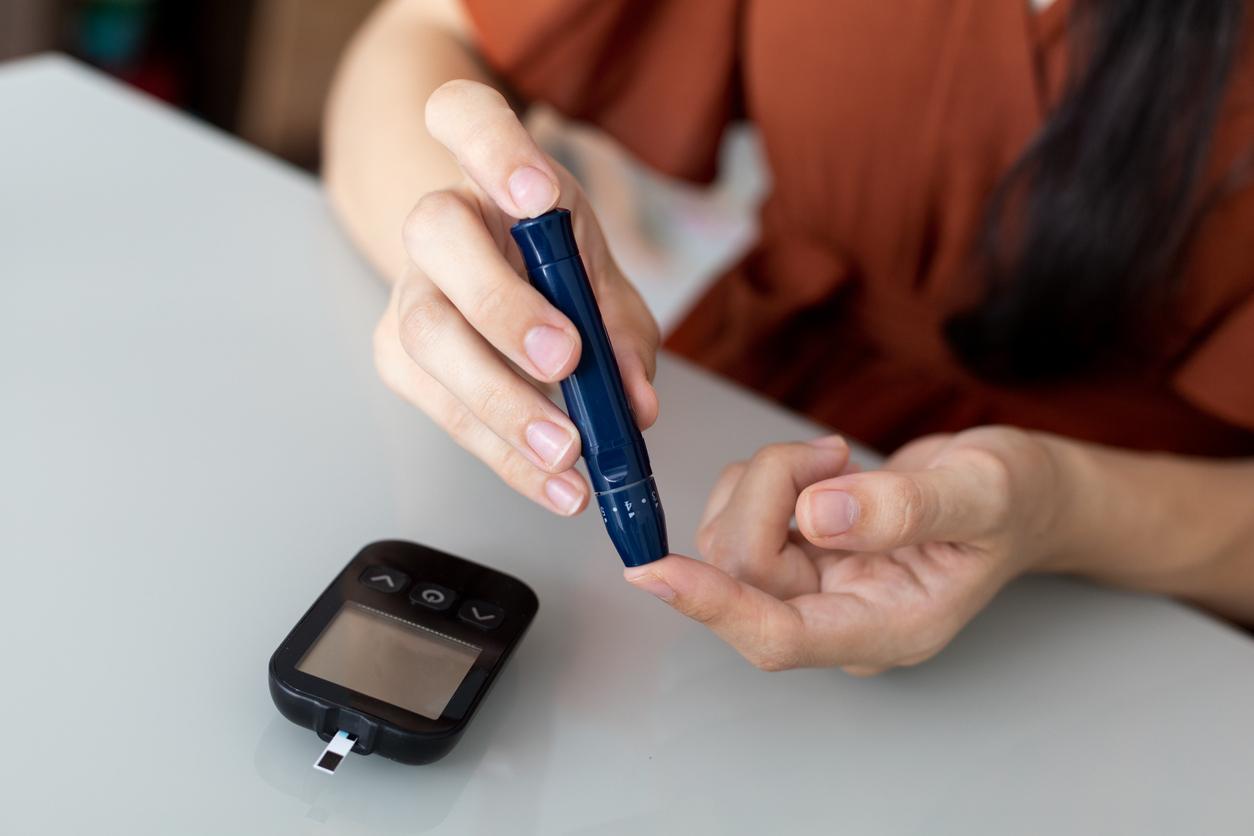It is no longer to prove, our intestine is the host of many bacteria which form the intestinal microbiota, or intestinal flora. Specific to each individual, the microbiota would have multiple roles. It would partly influence our mood and our culinary desires, but also play a role in allergies and the immune system.
According to a new study published in the journal Immunity, the intestinal microbiota would even protect against type 1 diabetes.
the diabetes type 1 is an autoimmune disease. In affected individuals, cells of the immune system attack beta cells in the pancreas, which are responsible for producing insulin. In the absence of this hormone in sufficient quantity, the level of glucose in the blood is abnormally high, which leads to diabetes mellitus.
Scientists then deduced that there must be a molecule that prevents the abnormal destruction of beta cells in healthy people.
The research team focused on cathelicidins, antimicrobial peptides (components of proteins) known for their immune system regulation capabilities. Scientists worked on two types of mice: healthy mice, and others with type 1 diabetes. In healthy mice, pancreatic cells produced cathelicidins, which was almost not the case in mice. diabetics.
Encouraging results to be confirmed in humans
To validate their hypothesis, the researchers then injected cathelicidins into the sick mice. Verdict: “the injection of cathelicidins restricts the development of inflammation in the pancreas and thus suppresses the development of autoimmune diabetes in these mice”, explains Julien Diana, co-author of the study and researcher at Paris Descartes University in a press release.
Where the intestinal microbiota is involved is in the production of these cathelicidins. This is indeed stimulated by fatty acids produced by bacteria of the intestinal flora. By transferring this type of bacteria into the intestines of diabetic mice, the researchers succeeded in restoring a normal level of cathelicidins. This transfer then made it possible to reduce the incidence of type 1 diabetes.
For the researchers, “this work is further proof of the undeniable role of the microbiota in autoimmune diseases, more particularly in controlling the development of autoimmune diabetes”. It now remains to validate these results in humans to implement a new therapeutic treatment.
Read also :
These bacteria that want us good
Allergies: we know how they are blocked by bacteria in our body
Infographic: what’s the difference between type 1 and type 2 diabetes?


















